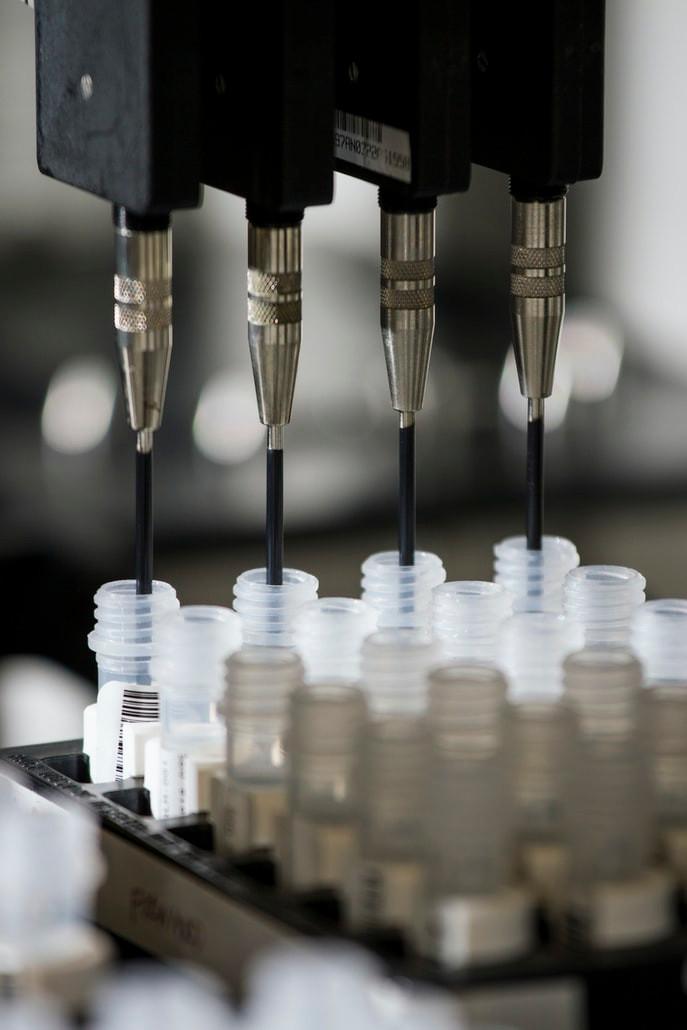Damage to or loss of frozen eggs or embryos in the event of a cryo-preservation equipment failure is emotionally and financially devastating to the individuals and couples who have entrusted their hope for children and their own biological material to their fertility clinics.
Women may choose to freeze their eggs to preserve their reproductive options for a later time, after which they’re no longer fertile. Some women freeze eggs before undergoing medical procedures that render them infertile, such as chemotherapy or a hysterectomy. Still other women donate their eggs to other hopeful women whose eggs are not reproductively viable.
Many couples who cannot conceive naturally, who wish to conceive later, or who plan to run genetic testing on their offspring prior to implantation rely on the services of a fertility clinic to help them through in vitro fertilization. Couples who hope to adopt embryos from others are affected by freezer failures, as well.
Harvesting the eggs puts strain on the body. It requires a series of blood tests and ultrasounds, 9-10 days of hormone injections to stimulate the ovaries to ripen multiple eggs, and an extraction process, which involves inserting a needle into the ovaries.
After harvesting the eggs, they can be stored unfertilized (as an ovum) or fertilized (as an embryo). The eggs or embryos are treated with antifreeze and stored in a medical-grade freezer.
Harvesting and preserving reproductive tissue is also an enormous financial investment. On average, it costs $10,000 to $12,000 for the egg freezing process, and $800 per year for storage.








